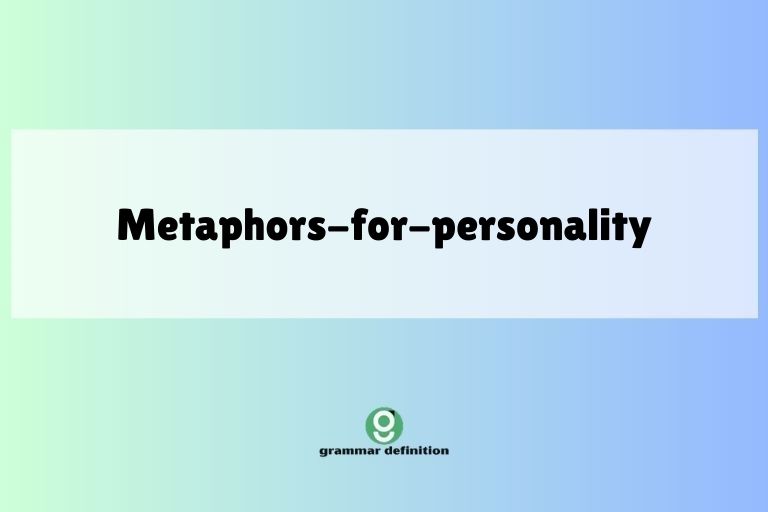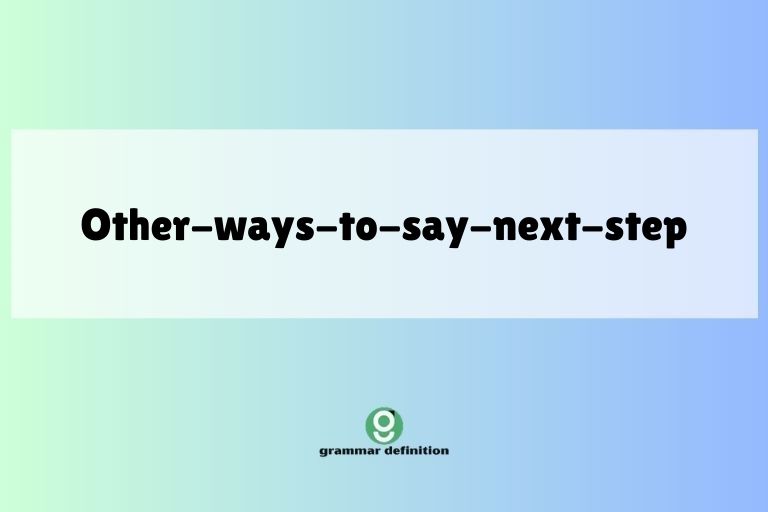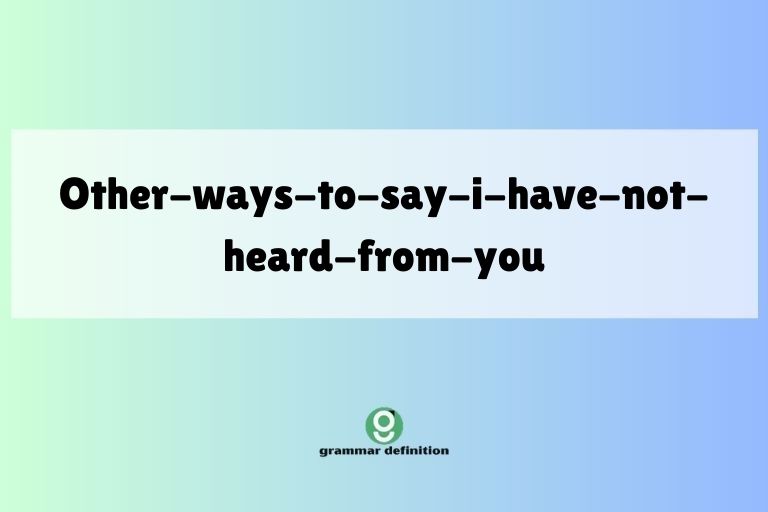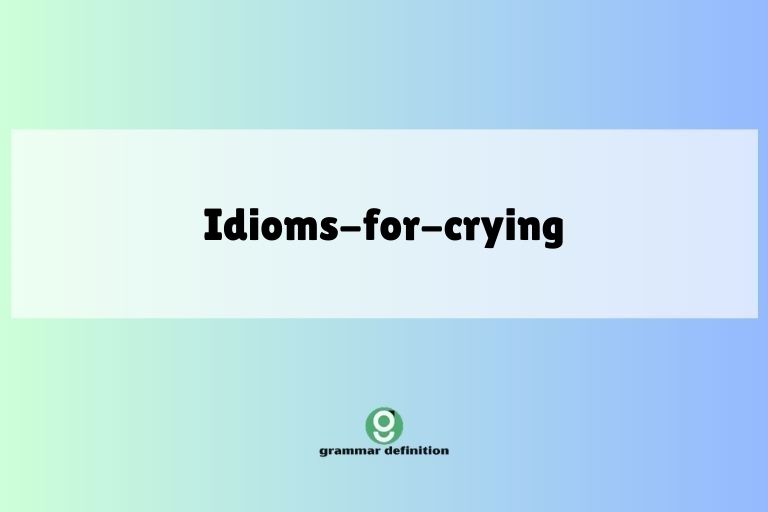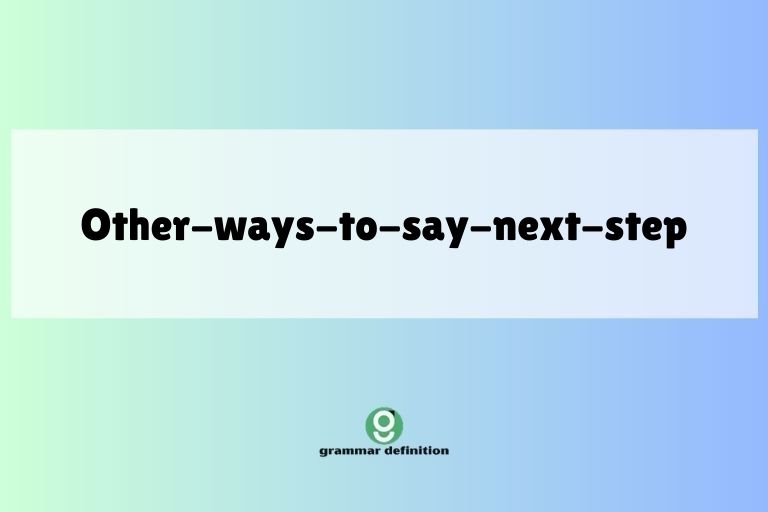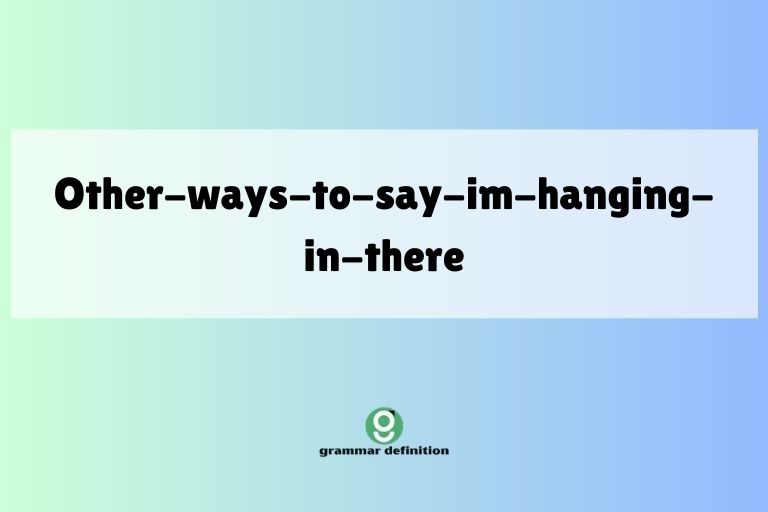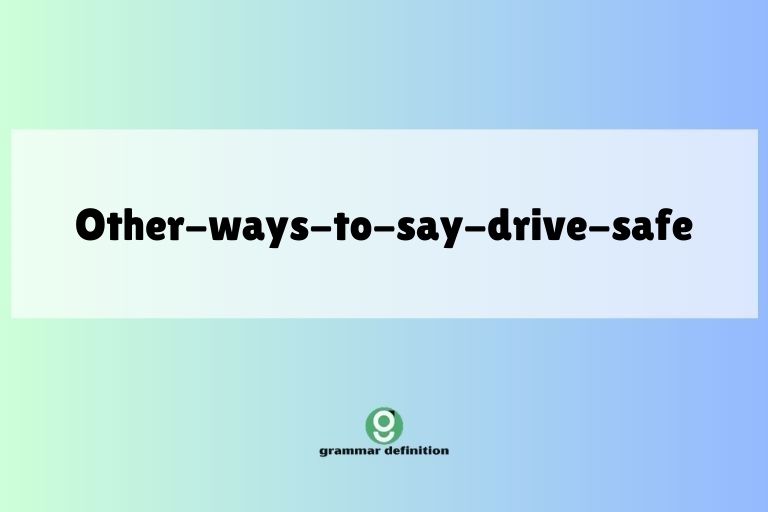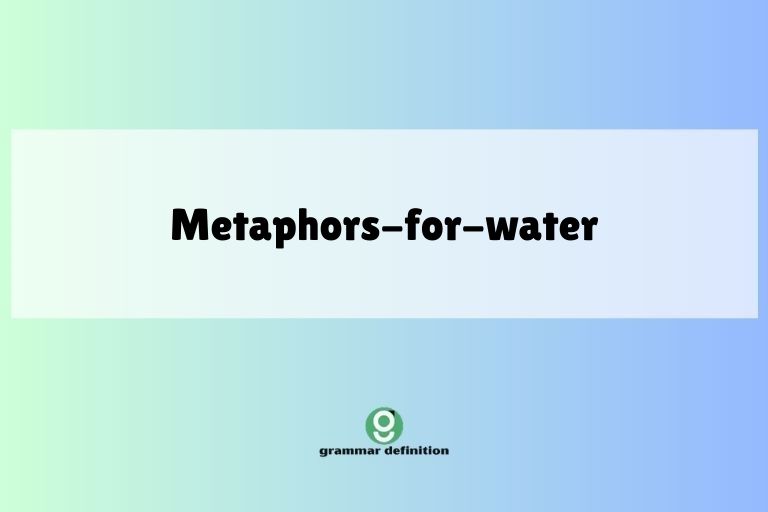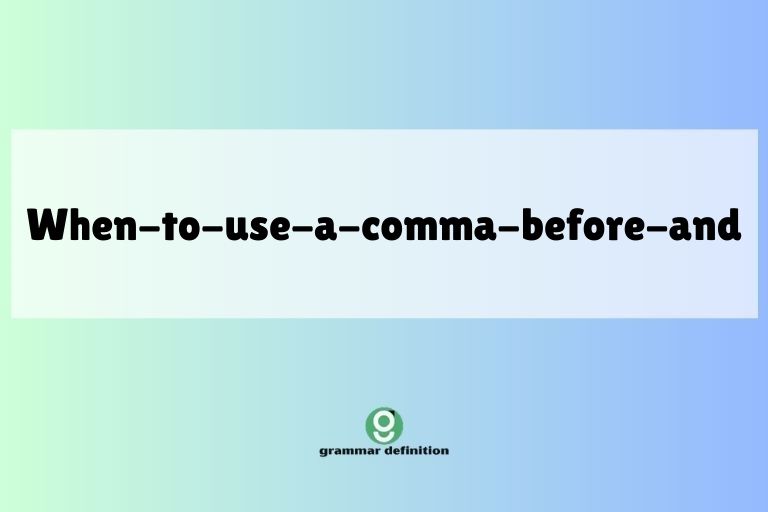Lost and Found: Mastering the Past Tense of “Lose”
Understanding the past tense of verbs is crucial for clear and accurate communication in English. Among the irregular verbs, “lose” can be a source of confusion for many learners. Knowing how to correctly use its past tense form, “lost,” is essential for narrating past events, expressing completed actions, and constructing grammatically sound sentences. This article … Read more

